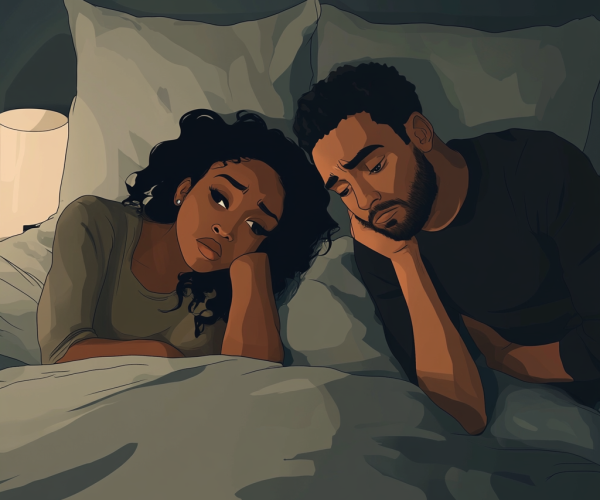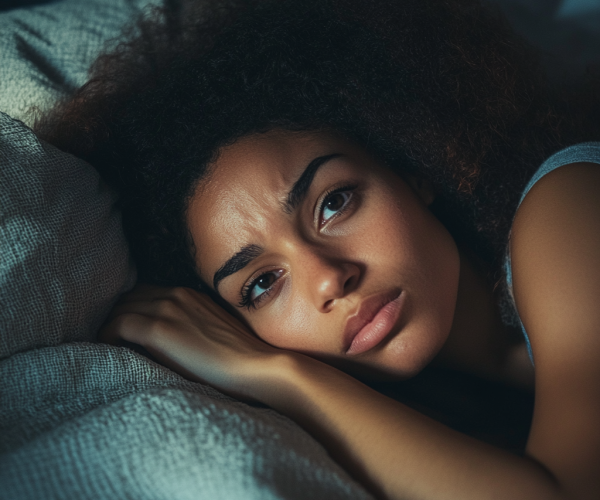10 Tips To Beat Insomnia
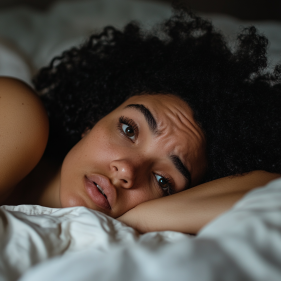
What is Insomnia?
Insomnia refers to a sleep disorder that makes it hard for an individual to fall asleep, and/or remain asleep. People with insomnia experience trouble sleeping or maintaining sleep. They frequently wake up from sleep or wake up too early and find it hard to return to sleep.
Types and Symptoms of Insomnia
There are two main types of insomnia:
- Short-term insomnia: It is a brief period of sleeplessness. It is also called acute insomnia. It is caused by stressful events and lasts for less than three months. The symptoms may disappear when the stressful event that caused it is well managed.
- Chronic Insomnia: This refers to a long-term pattern of finding it hard to sleep. A person is suffering from chronic insomnia, when they have trouble falling or staying asleep at least three nights per week for more than three months.
They both occur in people of all ages but it is more common among women than men.
The common symptoms of Insomnia include:
- Finding it hard to fall asleep at night
- Waking up earlier than usual
- Feeling exhausted during the day
- Finding it difficult to concentrate, pay attention, or remember things
- Making more mistakes
- Feeling cranky or irritable
What causes Insomnia?
- Unhealthy lifestyle: Involves poor lifestyle habits such as irregular mealtimes or bad diet, drinking too much caffeine or alcohol too close to bedtime. These habits have been shown to disrupt most people’s ability to fall or stay asleep.
- Mental health disorder – such as depression: Depression or anxiety disorders can result in waking up too early and being unable to fall back asleep. Research shows that 40% of people with insomnia have a mental health disorder.
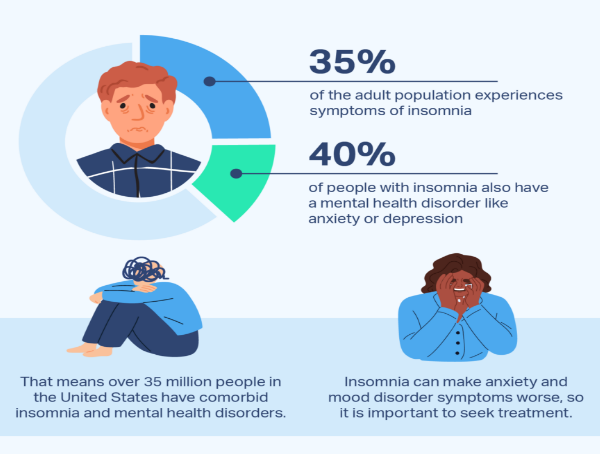
Source: https://www.sleepfoundation.org/insomnia/what-causes-insomnia
- Stress: When you are under a lot of stress, your body muscles become tensed up. It affects your sleep by increasing how long it takes to fall asleep and by interrupting your sleep.
- Work or travel schedule: Experiencing jet lag due to traveling across different time zones, or working overtime causes changes in your body’s internal clock resulting in insomnia. The Circadian rhythms refer to the 24-hour internal clock which is responsible for regulating your sleep-wake cycles, and body temperature.
- Worrying about not being able to sleep: This makes you anxious about how long you have been up, and you find it harder to sleep. Distract yourself by thinking about something else, or nothing at all. Do not dwell on negative thoughts, try to think about positive things instead.
Women’s Vulnerability to Insomnia
Insomnia is a common sleep disorder that affects 10-30% of adults globally. Although it can happen at any age, women and older people are more likely to experience it. Studies show that women are more likely to experience insomnia than men. There are changes in the sleeping routine of pregnant women. They find it difficult to get enough sleep due to changes in their physical bodies, hormones, and psychological effects. Also, women going through menopause experience insomnia.
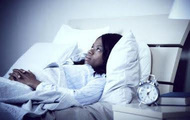
Source: https://aasm.org/women-more-likely-than-men-to-never-feel-well-rested-according-to-aasm-survey/
Coping with Insomnia
There are actionable steps one can follow to deal with insomnia. Tips to overcome Insomnia and sleep better include:
- Make your sleeping environment conducive: When you have a comfortable environment, it becomes easy to have a good night’s sleep. Make your bedroom comfortable by adjusting the temperature and reducing the light and noise levels.
- Try not to eat much or drink a lot of water before bedtime: I observed whenever I drink a lot of fluid or water before bed, I often wake up to urinate. When you reduce the intake of water before going to bed, you reduce the chances of having to wake up frequently. It is healthy to have a light meal before bed to avoid having a heartburn, stomach discomfort, or any other condition that can hinder sleep.
- Have a relaxing bedtime routine: Having a routine, such as a warm bath, reading a book, or listening to cool music, will prepare you for a good night’s sleep.
- Follow a consistent bedtime: Maintain a regular time for going to sleep and waking up every day, even on the weekends.
- Avoid the use of alcohol and caffeine: Avoid the consumption of alcohol and caffeine before bedtime because they can make it difficult for one to have a good quality sleep. Research studies show how high consumption of alcohol and caffeine causes poor sleep quality.
- Engage in physical activity: Simple physical activities, such as going for a walk or gentle cycling, can help you beat insomnia. It allows you to get a good quality sleep.

Source: https://encryptedtbn0.gstatic.com/images?q=tbn:ANd9GcTMISCTPUIpgCOMQOWMXMA1iXz6Y3aPAq-tWg&s
- Avoid smoking: People who smoke have trouble falling asleep. They wake up more frequently and generally experience more interrupted sleep. Cigarette smoking was associated with difficulty in initiating sleep and difficulty waking up. Sleeplessness may be more frequent among smokers compared to nonsmokers because of the stimulating effects of nicotine. Avoid smoking cigarettes to enjoy a sound sleep and overall well-being.
- Reduce screen time before bedtime: Our smartphones and other electronic screens emit blue light. Exposure to blue light while watching a show or reading a book on your phone might make it harder to fall asleep. The blue light emitted from our screens interferes with the melatonin flow that promotes sleep. Consider decreasing the brightness of your devices and turning off all electronic devices an hour before going to bed. Reducing exposure to blue light may also be possible by wearing glasses with blue-ray protection coating.
- Reduce or stop taking naps: If you experience insomnia, taking naps during the day can make it harder for you to sleep at night. If you cannot do without it, reduce it to no more than 30 minutes. Also, do not take naps in the late afternoon, or early evening to avoid worsening your sleep problem.
- Get Professional Assistance: Sleeping is essential for your health and well-being. When you are not getting enough sleep, it can affect your general health. If you have difficulty sleeping and feel it is affecting your daily activities, see a healthcare provider who will help you understand the cause and recommend a solution.
Additional strategies to beat insomnia include:
- Live a healthy lifestyle: Try to exercise regularly, have a frequent positive social interaction, and a healthy diet. Living a frequent healthy lifestyle will make a real difference to your life, helping to reduce the risk of insomnia.
- Improve your stress management skills: Practice mindfulness meditation to manage stress. Sitting meditation is a mindfulness exercise among other exercises, that can be done anywhere and at any time. It involves sitting comfortably with your back straight, relaxing your hands and feet, and focusing on your breadth. It can help to lower the effects of insomnia, stress, or anxiety.

 Browse Categories
Browse Categories 
